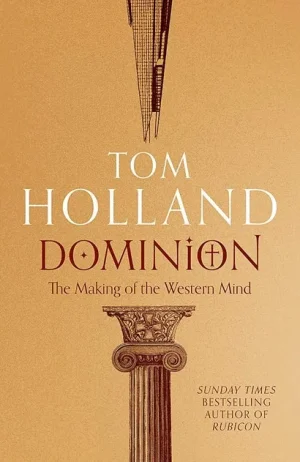I tend to be fairly critical of the views that suggest it's clear science tells us everything (at least as presently done), and I don't claim to know that we'll resolve some of the things that seem out of reach right now.... however, I think if there's one criticism easiest to level against many versions of organized religions (which I get the sense are the biggest target of some of the people you mention), it's really that they claim a lot of certainty about matters which seem utterly mysterious and out of reach at the moment!
One of the big cousin-criticisms of them is thus that they obscure the more down to earth issues of morality which can be addressed by secular means using a blend of secular ethics and even some science to add empirical support....it's a little like trying to use a speculative theory of neutral monism to build your next airplane, except the speculative such monist might even try to be more careful to at least ensure the theory is consistent with physics. The way most who speculate as to the nature of reality proceed is they take very seriously that it had better be consistent with existing physics, meaning they are unlikely to disturb the practice of current physics (at least the practical, predictive side, vs the theoretical underpinnings).
So that said, I think that the activity of pondering the big questions can be very healthy and put one in a contemplative mood... but I do also think that developing very high levels of false certainty causes a lot of harm.
To the extent something calling itself 'religion' can strike a balance here, I don't see a problem with it.
One of the big cousin-criticisms of them is thus that they obscure the more down to earth issues of morality which can be addressed by secular means using a blend of secular ethics and even some science to add empirical support....it's a little like trying to use a speculative theory of neutral monism to build your next airplane, except the speculative such monist might even try to be more careful to at least ensure the theory is consistent with physics. The way most who speculate as to the nature of reality proceed is they take very seriously that it had better be consistent with existing physics, meaning they are unlikely to disturb the practice of current physics (at least the practical, predictive side, vs the theoretical underpinnings).
So that said, I think that the activity of pondering the big questions can be very healthy and put one in a contemplative mood... but I do also think that developing very high levels of false certainty causes a lot of harm.
To the extent something calling itself 'religion' can strike a balance here, I don't see a problem with it.

